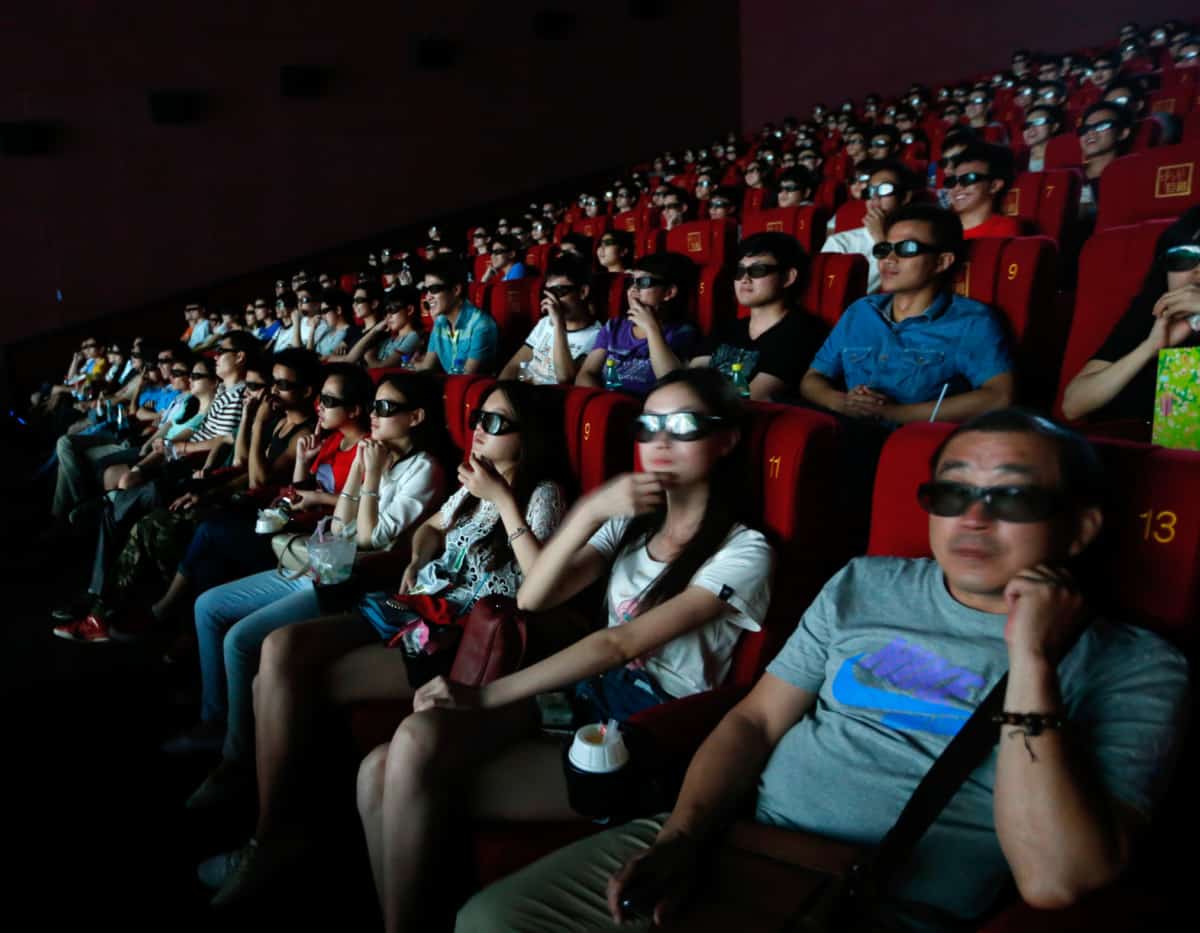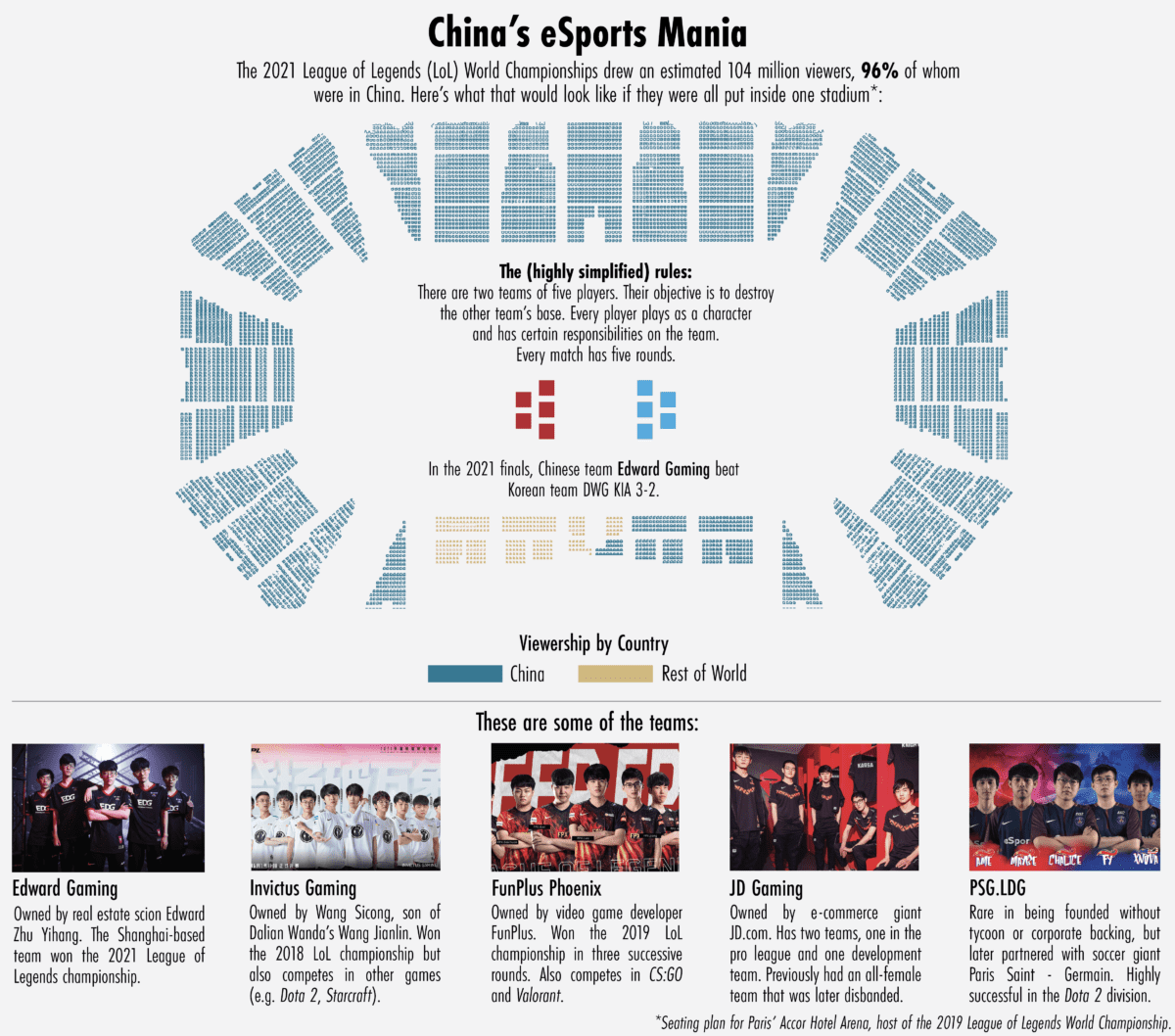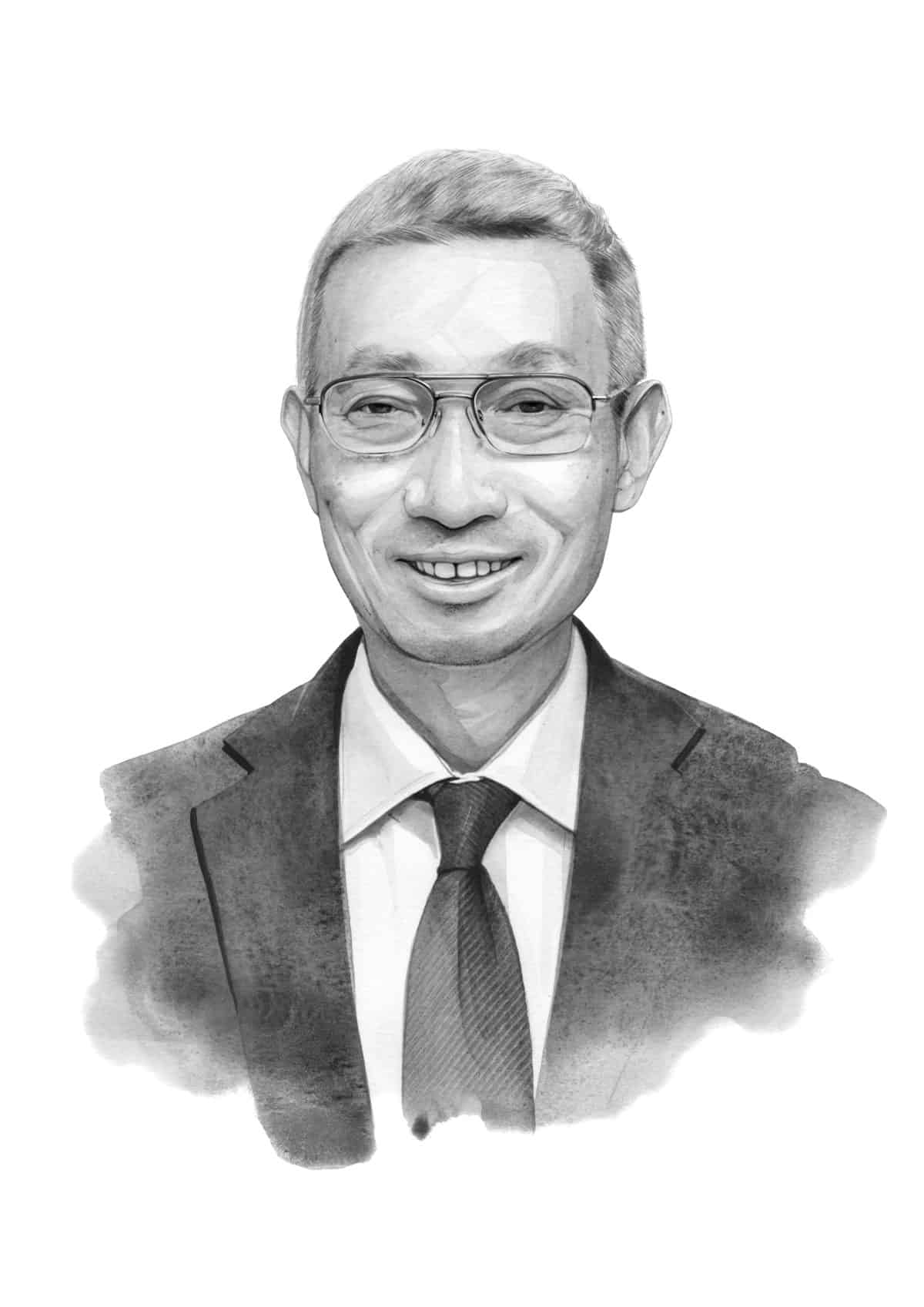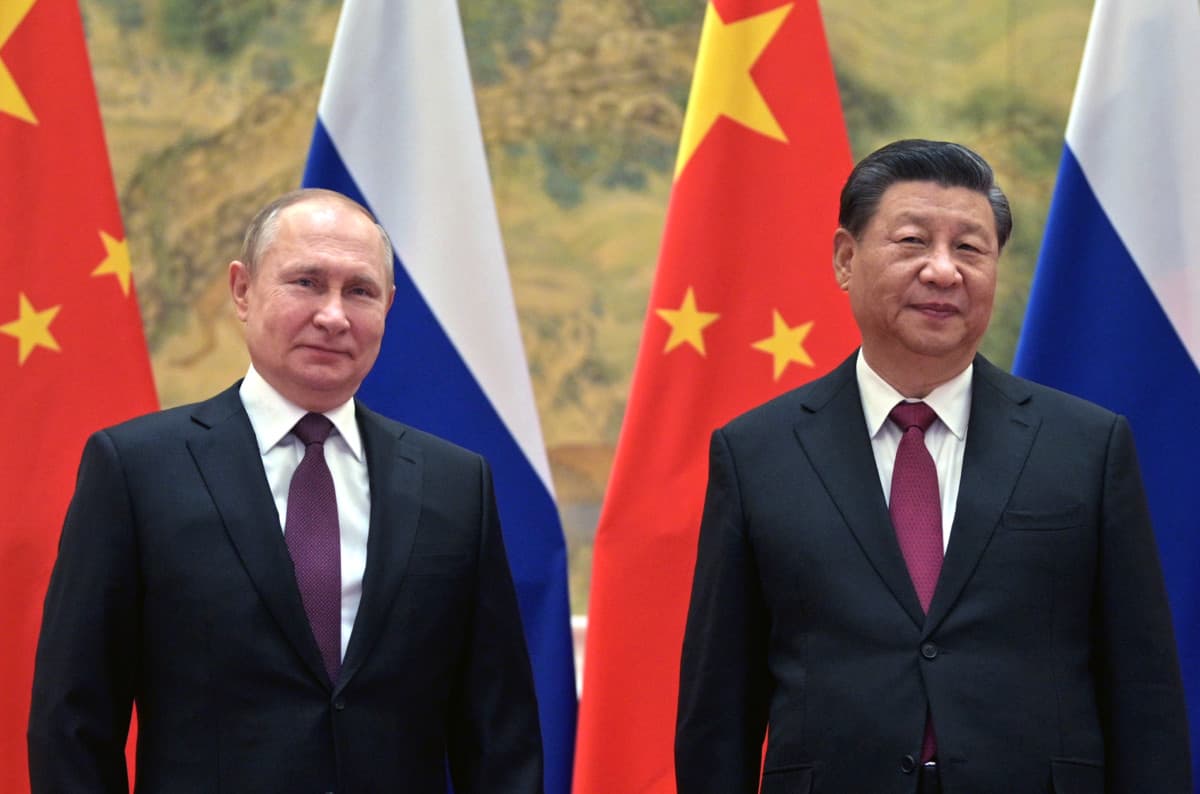Good evening. Whether or not you are a Transformers fan, you may remember back in 2014 when one of the movies from the series was widely panned in the U.S. for its overt attempts to woo China. Our cover story this week gives a fascinating glimpse behind the scenes of the production of that movie, including why the Hollywood studio in charge made the decisions it did and what looking back on them now reveals. Elsewhere, we have infographics on China’s giant e-sports industry; an interview with Minxin Pei on the biggest misperception of China’s surveillance state; a reported piece on what it means that a Chinese company is selling rapid Covid-19 tests to the U.S. government; and an op-ed from Stephen Roach on China’s triangulation gambit with Russia. If you’re not already a paid subscriber to The Wire, please sign up here.
Want this emailed directly to your inbox? Sign up to receive our free newsletter.

Transformed
In 2014, the movie “Transformers: Age of Extinction” marked a turning point for Hollywood in China: a kind of reverse censorship in which a studio went out of its way to appeal to Chinese officials in its effort to win approval. The strategy worked — the movie made more money in China than any Hollywood film previously had — but in this excerpt from the new book, Red Carpet: Hollywood, China, and the Global Battle for Cultural Supremacy, Erich Schwartzel shows how the real implications of that movie are only now coming into focus.

The Big Picture: China’s Super Bowl
In 2021, some 100 million viewers in China tuned in to an e-sports championship on streaming platform Bilibili; roughly the same number of Americans that watch the Super Bowl each year. This week, The Wire‘s infographics by Eliot Chen take a look at China’s eSports industry — its size, its benefactors, and how China’s crackdown on gaming might affect its competitive future.
A Q&A with Minxin Pei

Minxin Pei is a political scientist who specializes in China’s modern development. His 2006 book, China’s Trapped Transition, explored the difficulties of reforming the country’s political and economic systems. Later, in China’s Crony Capitalism: The Dynamics of Regime Decay (2016), he looked at how corruption had grown rampant during the nation’s economic development. And his forthcoming book, due to be published next year, focuses on the country’s “surveillance state.” In this week’s Q&A with David Barboza, he talks about China’s appetite for political reform, why no one saw Xi Jinping coming, U.S. responsiveness, and the biggest misperception about China’s surveillance state.
Minxin Pei
Illustration by Kate Copeland

iHealth’s Omicron Boon
After iHealth secured contracts with the U.S. government for rapid Covid-19 tests, the Tianjin-based company’s shares surged 980 percent on the Shenzhen Stock Exchange. As Katrina Northrop reports this week, the lucrative U.S. contracts signed with iHealth offer a clear demonstration of how dependent the U.S. medical supply chain has become on Chinese manufacturers.

China’s Triangulation Gambit
America’s rapprochement with China, 50 years ago this month, isolated the former Soviet Union at a time when its economic foundation was starting to crumble. As Stephen Roach, a faculty member at Yale University and former chairman of Morgan Stanley Asia, argues in this week’s op-ed, there can be little doubt today that China has revived triangulation as a strategic gambit — or that this time America is the one being triangulated.
Subscribe today for unlimited access, starting at only $19 a month.



